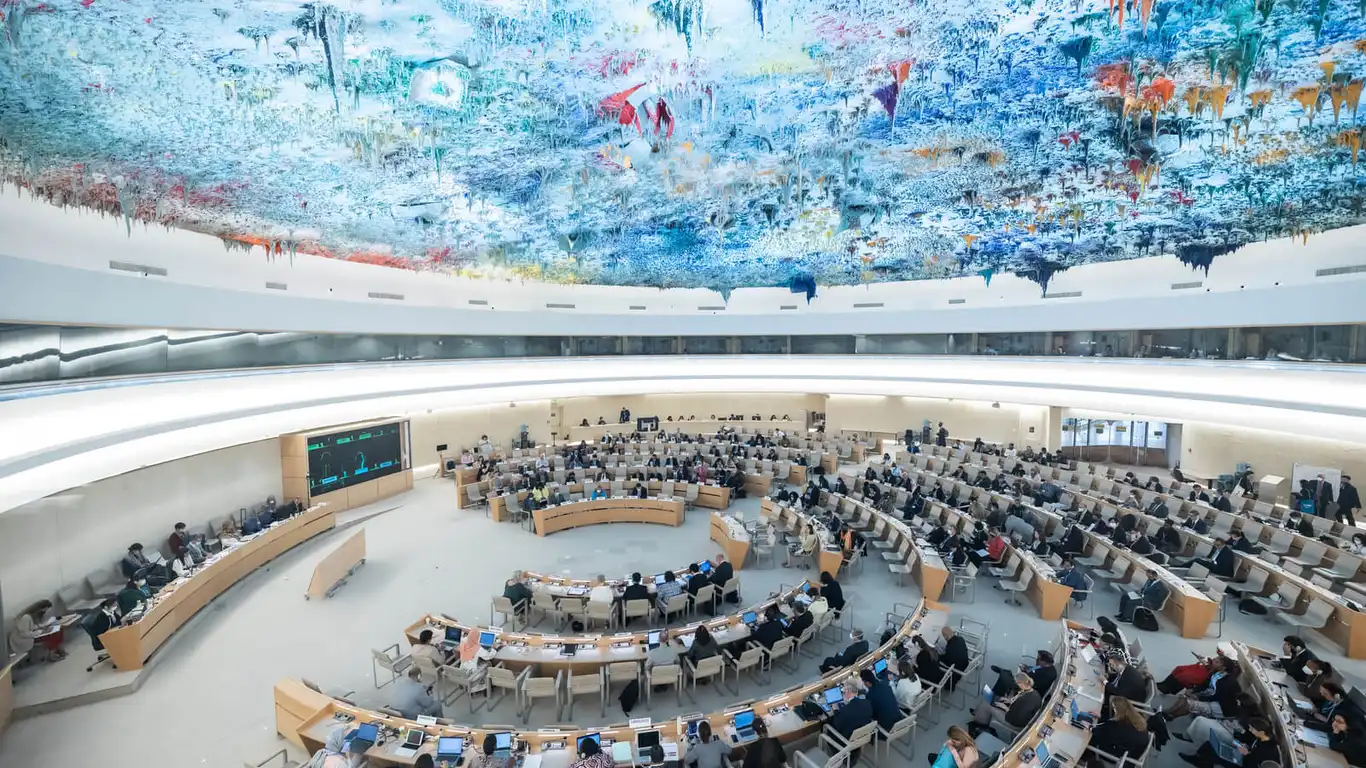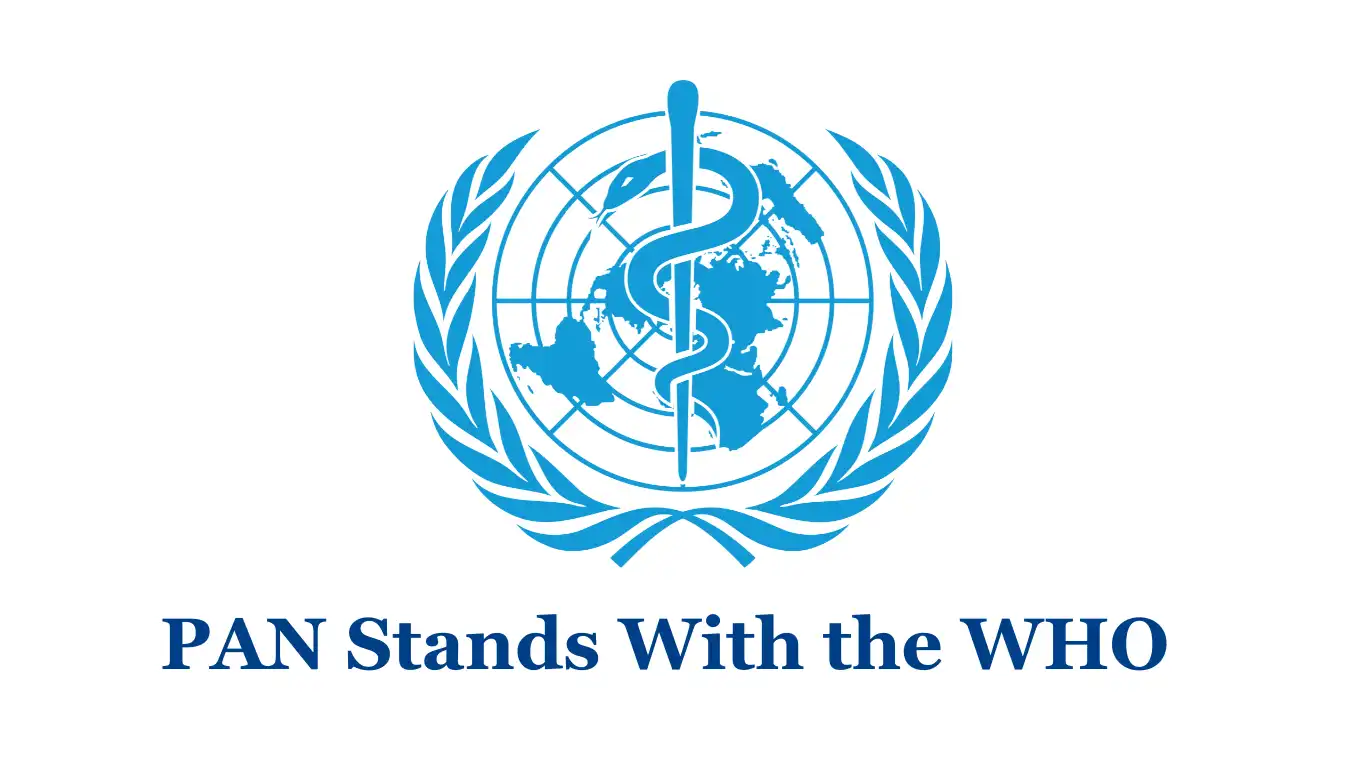As the COVID-19 pandemic has demonstrated — and countless expert review panels, including the Independent Panel for Pandemic Preparedness and Response, have noted — there is an urgent need for a strong, adequately resourced World Health Organization (WHO) at the helm of the global health system. However, the current structure of WHO’s budget is entirely incommensurate with the scope and scale of the world’s expectations for its foremost health organization.
In May 2022, the World Health Assembly took an important step toward fixing WHO’s broken funding by committing to historic financing reforms — namely to gradually increase WHO assessed contributions over the next eight years. As the 152 WHO Executive Board Meeting approaches, it is time for Member States to convert money into action and follow through with those commitments.
WHO’s Role in Pandemic Governance and Preparedness
WHO plays a unique and wide-ranging role in the global ecosystem for pandemic prevention, preparedness, and response, including serving as the leading coordinating authority for early detection and response to health threats, as outlined in the 2005 International Health Regulations.
At the onset of the COVID-19 pandemic, WHO’s Contingency Fund for Emergencies was only 22% filled. Today, WHO is responding to an unprecedented 11 Grade 3 health emergencies by providing technical assistance, rapid funding assistance through its Contingency Fund for Emergencies, and research and scientific expertise on future and existing pandemic threats.
Such fiscal constraints have the potential to leave us all vulnerable to slow or inefficient responses to future emergencies or pandemic threats.
Time to Start Building a Strong WHO
Starting on Jan. 30, the Executive Board will meet to discuss (among other issues) moving ahead with the first set of proposed increases to the budget and assessed contributions for approval at the World Health Assembly this May.
Given the current state of the world economy, impacts from the pandemic, and other global challenges, there is a risk that some Member States may try to postpone or reduce these increases, walking back on their previous commitment. When examined in absolute terms, most countries will barely notice the increase to their spending. These gradual increases will however have a monumental impact on WHO’s programs and work in the 2024-2025 biennium.
It is time for Member States to act on their commitment of providing the predictable and unearmarked funds that WHO needs to tackle current and future health challenges.
Small Investment – Big Impact
- This process starts with a 20% increase for the 2024-2025 biennium budget. Member States also agreed to increase the level of flexibility in their voluntary (grant-based) funding to WHO.
- Assessed contributions are scaled according to GDP, so lower-income countries are asked to shoulder less of the burden than higher-income countries.
- Over the next budget cycle, 22 Member States will see their assessed contributions decrease, and 80 Member States will see an increase of less than $20,000 compared to their 2022-2023 assessed contributions.
- These increases are complemented by internal fiscal reforms at WHO – more than 30 of which have already been delivered – to increase WHO budgeting prioritization, transparency, and accountability.
I provide more specific information on the impact of these increases and reforms in a recent report for the United Nations Foundation, Walking the Talk on Sustainably Financing WHO.
Call to Action
You can show your support for these reforms by posting on social media in the lead up to the WHO Executive Board kick off on January 30 using #StrongWHO. Here is a suggested Tweet:
The world deserves a #StrongWHO at the helm of the global health system to #pandemicproof the world and ensure #HealthForAll. At #EB152 the @WHO Exec Board must take action & deliver on their commitment to improve WHO’s financial stability.
You can also help keep the Member States accountable by tuning into the EB152 livestream.
Now is the time to safeguard WHO’s work to pandemic-proof the world. Member States must deliver on their pledge to provide increased assessed contributions for the next WHO biennium budget.
Contact Dana McLaughlin for further information.



